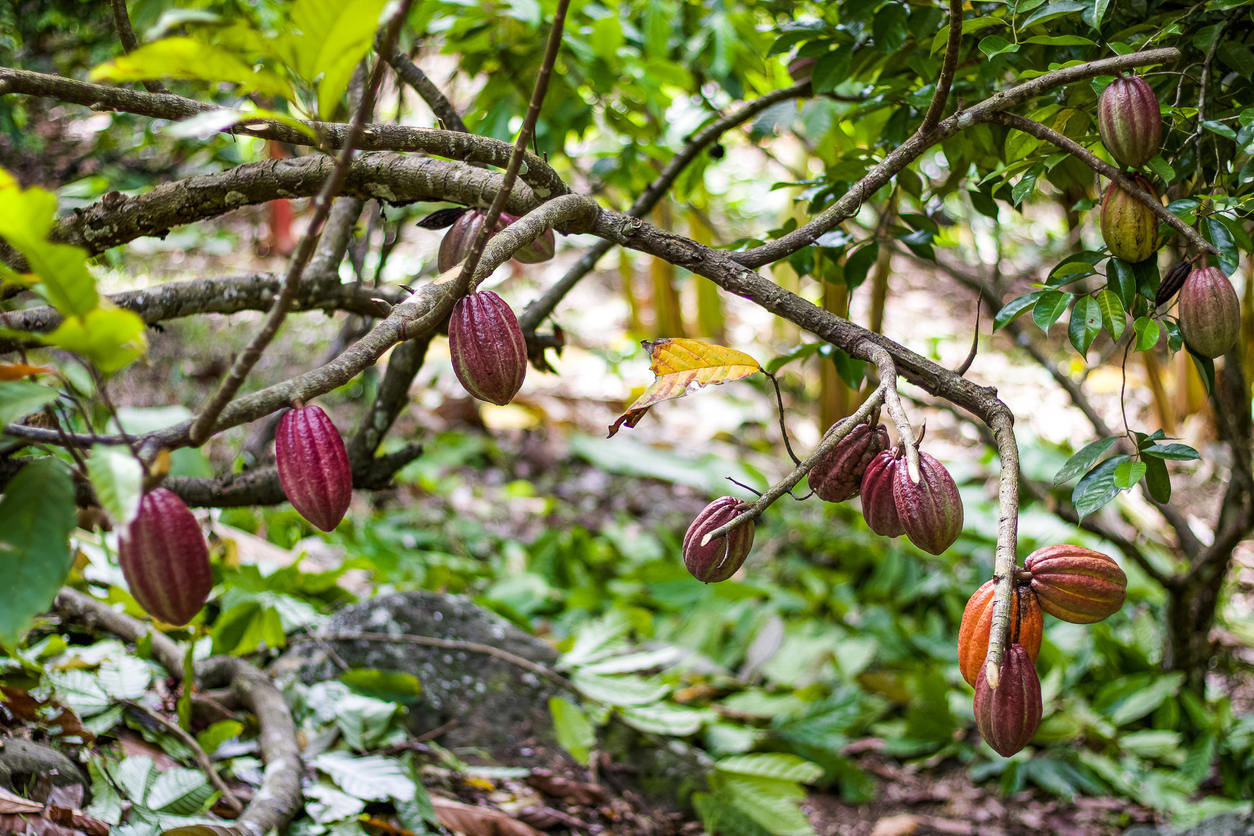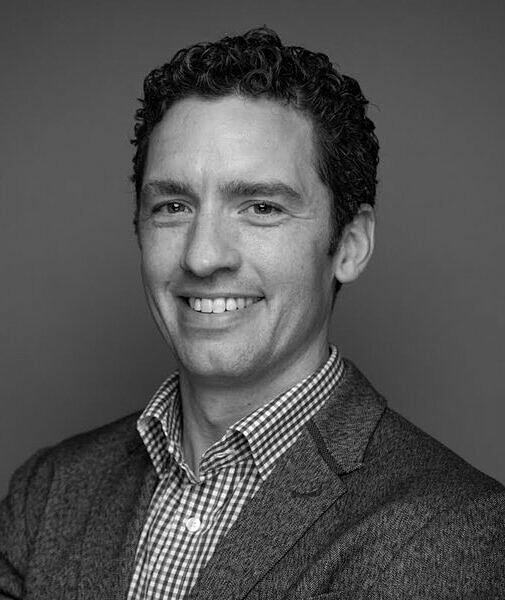Evolving and putting ideas into action – Part 2
3rd August 2022
Interview with Kevin Ogorzalek

Overview
***This interview is taken from the SAI Platform Annual Report 2021. To find out more about the Americas Working Group, go to the Annual Report 2021***

Kevin Ogorzalek is Co-Chair of the Americas Working Group and Senior Manager, Sustainability Sourcing at Barry-Callebaut.
What do you think were the biggest achievements of the Americas Group this year?
We were able to launch a programme in citrus as well as continuing our good work in the Crops Working Group, focusing on row crops such as corn, soy and wheat specifically. The other key thing is that our work on regenerative agriculture spread from a conversation between a couple of really dedicated people in the Americas Working Group to all of SAI Platform.
We served as the catalyst for the spread of regenerative agriculture and the launch of SAI Platform’s regenerative agriculture programme. We’re convinced it will help reshape our relationship with our suppliers, the projects we implement on the ground and how we’re able to measure our impact, and, most importantly, deliver an improvement in everything from soil health to farm viability to landscape biodiversity.
Is the whole Americas Working Group really behind it?
We started with five company representatives in Chicago in December 2019, two of whom weren’t even members of SAI Platform. That snowballed into a few of us meeting every couple of weeks to tweak and fine tune. Now we have over 100 members interested in regenerative agriculture. That’s a significant portion of SAI Platform. Also we were able to raise significant funds, very quickly to progress and shape our regenerative agriculture agenda.
What does regenerative agriculture mean for you?
Regenerative agriculture is the mindset change we need to see in agriculture to shift from an output only focus with high intensity inputs to reimagining and reenvisioning what agriculture should and could be to grow healthier foods, effectively steward the environment, and better support rural communities. This can enable us to work with nature following key principles and adapting those to every farmer, environmentally and socio-economically.
This socio-economic part has been lost from sustainable agriculture for so long. Also, with the “sustainable” mindset and nomenclature, we’ve been so heavily focused on doing less bad and focusing on efficiencies that we’ve not talked about making the rapid changes necessary for farmers, their farms and ecological and human communities to thrive going forwards.
How do members feel about the disappearance of crops and growing regions?
When we’re thinking about supply continuity, it’s not just about what crops are going to be grown, it’s what harvests are going to look like? And it’s scary. We’re seeing the effects of drought and floods at various key points of the lifecycle of a plant impacting supply continuity and price, not to mention the environmental and social impacts.
It’s increasingly important for us to plan around certain things and it creates a challenge for companies to provide guidance to their shareholders as well as plan for their own sourcing processes when we’re seeing these kinds of impacts. Not just inflation but also the environmental impacts from the issues I’ve just mentioned.
We are pivoting to regenerative agriculture because of the opportunity to not only manage the risk but also to diversify and grow the potential of the farms with which we work and better amplify the assets and capabilities of innovative farmer partners to achieve our mutually held goals. Also, we have to remember that we operate within a functioning society, and once we see the ecological and sociological breakdowns happening it’s going to affect us. Regenerative agriculture will nourish the farming ecosystems that nourish our society.
This interview is an extract from the SAI Platform Annual Report 2021. To read the full interview, go to the Annual Report 2021.